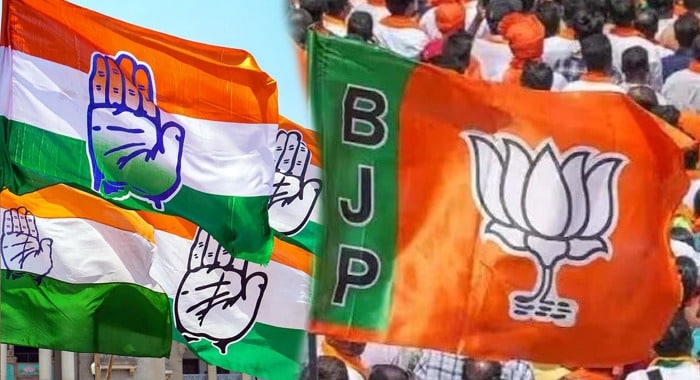A political storm erupted in India following the controversial Pahalgam false flag operation, with lawmakers from the ruling Bharatiya Janata Party (BJP) and opposition Congress engaging in a heated physical confrontation inside Parliament.
According to news reports, senior Congress leader and former Chief Minister of Eastern Punjab, Charanjit Singh Channi, demanded evidence of the Balakot surgical strikes. “To this day, there has been no proof of where the strikes happened or who was killed in Pakistan,” he stated. “If bombs fell in our own country, wouldn’t we know about it? In 2019, no such attack actually occurred.”
In retaliation, the BJP escalated its rhetoric, branding the Congress Working Committee as the “Pakistan Working Committee.” BJP spokesperson Sambit Patra accused Congress of supplying “oxygen” to terrorists and the Pakistani military.
The confrontation comes amid growing internal scrutiny in India over the Modi administration’s past alleged false flag operations. Critics claim the recent Pahalgam incident was orchestrated to influence upcoming elections in Bihar.
On April 22, following an attack on local tourists in Pahalgam, India launched a series of hostile measures, including suspending the Indus Waters Treaty and ordering Pakistani diplomatic staff to leave by April 30, 2025. The Modi government also revoked visas for Pakistani nationals and took other aggressive steps.
In response, Pakistan’s National Security Committee adopted a firm yet strategic diplomatic approach, limiting the size of India’s diplomatic mission in Islamabad to 30 personnel. The committee also warned that any attempt to restrict Pakistan’s access to water would be considered an act of war.
The rising tensions between the two nuclear-armed South Asian neighbors have drawn global concern. Pakistan formally accused its regional adversary of orchestrating the recent attack on the Jaffar Express train and called for a transparent international investigation into the Pahalgam incident. Prime Minister Shehbaz Sharif earlier signaled openness to neutral investigations, but India has continued its hardline stance.
Both U.S. Secretary of State and UN Secretary-General António Guterres have urged restraint and de-escalation, yet New Delhi remains unmoved in its posture.





